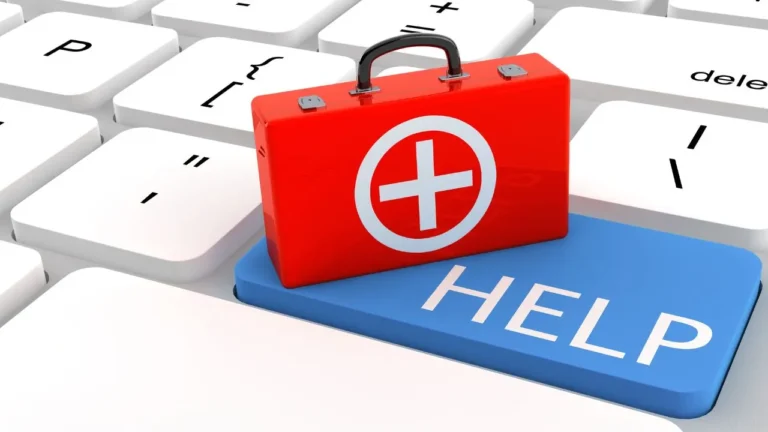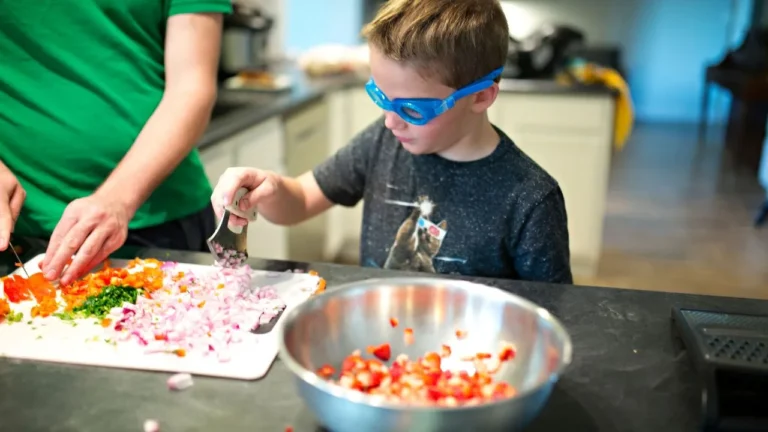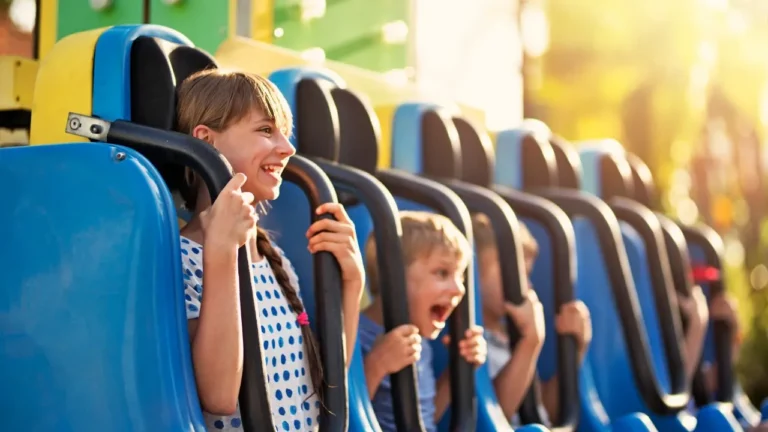Emotional Child Abuse: A Comprehensive Guide To Emotional Abuse
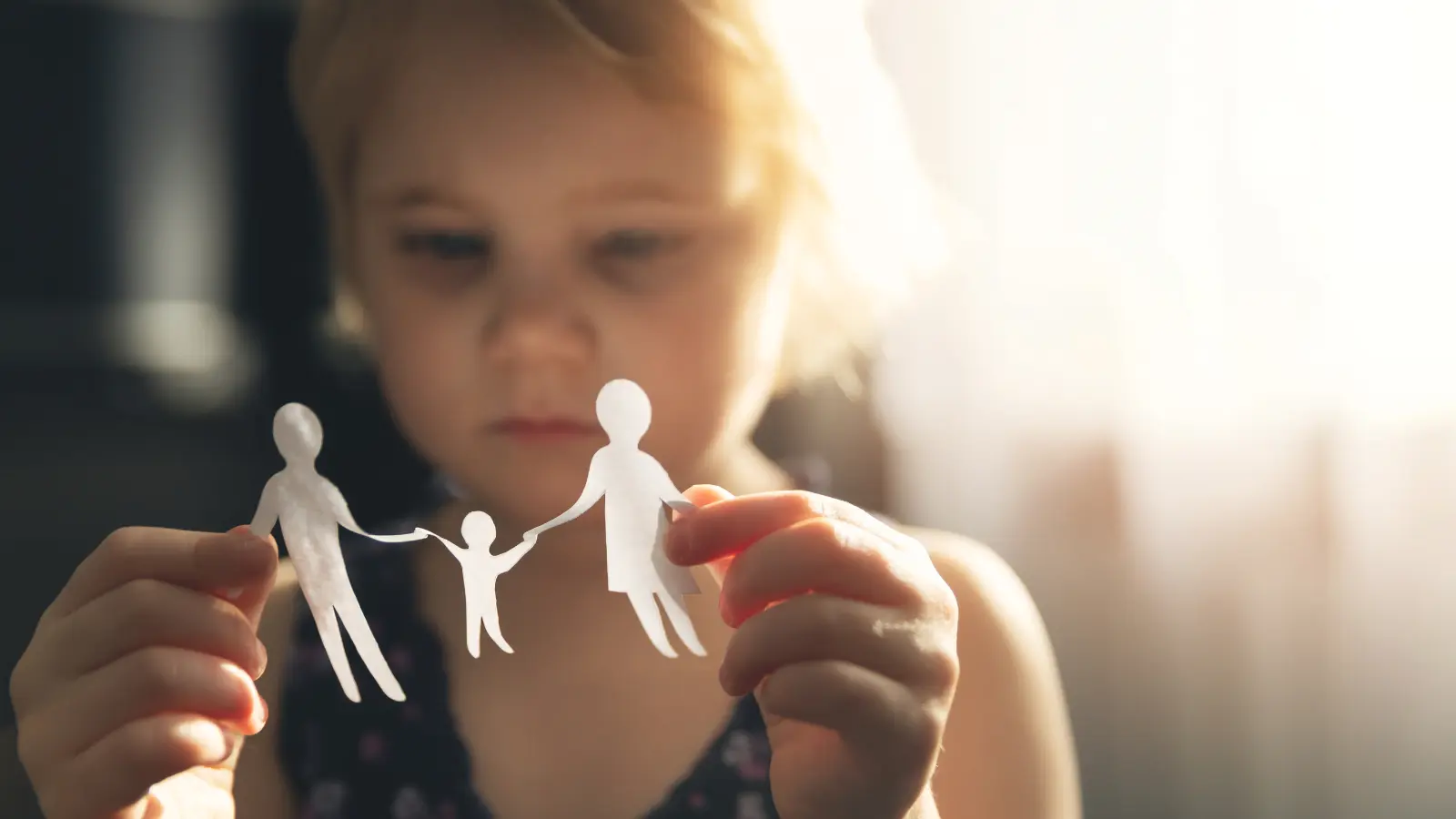
Emotional child abuse, a form of maltreatment, is a type of child abuse that is often overlooked due to its intangible nature. Unlike physical abuse, there may not be any obvious physical marks or injuries. However, the impact of emotional abuse is severe and can persist into adulthood, affecting an individual’s health and development.
Emotional abuse, sometimes called psychological abuse, can be defined as a pattern of behavior that impairs a child’s emotional development or sense of self-worth. This can include constant criticism, threats, rejection, as well as withholding love, support, or guidance.
It’s essential to understand this form of abuse, as childhood maltreatment, including emotional abuse, can have lasting effects on a person’s mental health and overall well-being.
Recognizing the Signs of Emotional Abuse
Identifying emotional child abuse can be challenging as it often leaves no physical marks. However, there are key indicators that can help in recognizing this form of abuse. These include:
Traits of Perpetrators: Understanding the Characteristics of Abusers
Understanding the characteristics of abusers is crucial in preventing and addressing emotional child abuse. Abusers often exhibit certain traits, such as:
Exploring Different Forms: Types of Emotional Child Abuse
Childhood emotional abuse can take many forms, each with its unique characteristics and effects. These include:
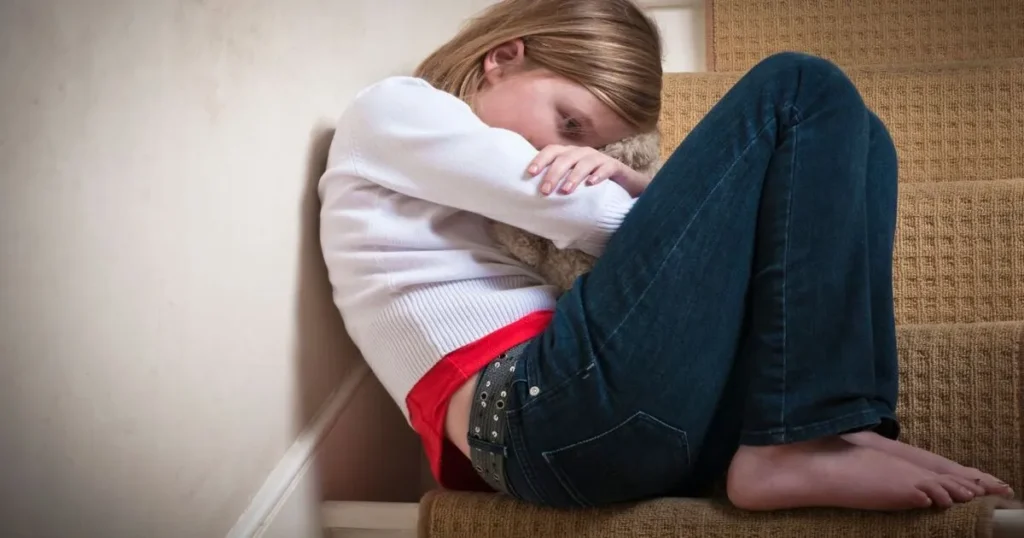
The impact of emotional abuse: A Deep Dive into Risk Factors
Emotional child abuse. It’s a type of abuse that’s often hidden, complex, and multifaceted. The factors contributing? They’re diverse. Caregiver factors, child factors, and environmental factors. Caregivers? They may struggle with mental health issues, substance abuse, or a history of abuse. Children?
Disabilities or chronic illnesses may make them more vulnerable. The environment? Poverty, and community violence – can amplify the risk of emotional abuse. Recognizing these factors? It’s critical. It’s the key to prevention, to intervention. It’s the path to promoting child welfare, to reducing abuse and neglect.
The Ripple Effect: Emotional Abuse and Its Impact on Children
Emotional abuse. It leaves a mark, a lasting impact on a child’s emotional landscape. Attachment issues? They’re significant. Children who’ve been emotionally maltreated, struggle.
Forming healthy relationships, particularly with caregivers, becomes a challenge. Trust issues, separation anxiety, and avoidance of relationships – are the signs of the emotional toll on child-parent or caregiver relationships.
Behavioral and Social Problems: The Shadow of Emotional Abuse
Emotional abuse. It casts a long shadow over a child’s behavior, their social development. Children who’ve been emotionally abused? They face delays in emotional development.
They show signs of social withdrawal. Activities they once enjoyed? They lose interest. School performance? It can decline. Aggression, hostility, hyperactivity, depression, anxiety, unusual fears – these are the signs. The signs of the profound effects of emotional abuse.
The Cycle of Abuse: Emotional Abuse and Its Echoes
Emotional abuse. It can echo through time, perpetuating a cycle of abuse. Children who’ve been emotionally abused? They may carry toxic behaviors and attitudes into their future relationships.
They may repeat patterns of abuse. But not always. Most victims of emotional abuse? They don’t grow up to abuse others. Recognizing these patterns, and seeking professional help – it’s essential. It’s how we break the cycle and prevent the perpetuation of abuse.
The Mental Health Impact: The Hidden Cost of Emotional Abuse
Emotional abuse. It carries a heavy mental health toll. Depression, anxiety, post-traumatic stress disorder (PTSD), and insomnia – can be the consequences.
Self-harm, and suicidal ideation – these are the signs. Adults who were emotionally abused as children? They may face chronic health problems. Eating disorders, mental health issues, substance use disorders – these can be long-term effects.
The Societal Consequences: The Wider Impact of Emotional Child Abuse
Emotional child abuse. It doesn’t just harm the individual. It has broader societal consequences. Long-term mental health issues can affect a person’s ability to hold a job, maintain healthy relationships, and contribute to society.
The financial burden on public health, and social services – it’s significant. Society suffers when any of its members can’t reach their full potential due to the lasting impacts of emotional abuse.
Understanding emotional child abuse or neglect is crucial. The risk factors, the consequences – they’re key to prevention, to intervention. By promoting child welfare, we can reduce emotional maltreatment. We can ensure every child has the chance to grow, to thrive in a safe, nurturing environment.
Taking Action: What to Do When You Suspect Emotional Child Abuse
If you suspect a child is experiencing emotional abuse, it’s essential to take action. Contact your local child protective services agency or law enforcement to report your concerns. You don’t need to have proof of abuse to make a report; it’s up to the professionals to investigate your suspicions. In the meantime, support the child as much as possible and let them know they are not alone.
Healing and Recovery: Treatment Options for Emotional Abuse
Healing from emotional abuse is possible, but it requires time and often professional help. Therapies such as cognitive-behavioral therapy, trauma-focused cognitive-behavioral therapy, and dialectical behavior therapy can be effective.
Support groups can also provide a safe space for victims to share their experiences and learn coping strategies. Medications may be necessary for managing symptoms of anxiety, depression, or PTSD.
Building Resilience: Coping Strategies for Dealing with Emotional Abuse
Building resilience is a crucial part of healing from emotional abuse. This includes developing a strong support network of trusted friends, family, or professionals. Self-care practices like regular exercise, a balanced diet, and enough sleep can also help manage stress and improve overall well-being.
It’s also beneficial to learn and practice mindfulness techniques like meditation and deep-breathing exercises, which can help manage symptoms of anxiety and depression. Remember, seeking professional help is not a sign of weakness but a step toward recovery.
Final Thoughts…
Wrapping up, let’s take a moment to reflect on the gravity of emotional child abuse. It’s a silent epidemic, often unseen, but its impact? It’s profound and far-reaching. It’s a form of maltreatment that can leave wounds deeper than any physical injury. Emotional abuse in childhood?
It’s not just a childhood problem. It leaves scars that can last a lifetime, affecting relationships, careers, and overall well-being.
Verbal abuse, a common form of emotional abuse of a child, can be devastating. Words can hurt. They can erode a child’s self-esteem and self-worth. The saying “sticks and stones may break my bones, but words will never hurt me”? It’s a myth. Words can hurt, and the pain can linger.
Domestic abuse, often a cocktail of physical and emotional abuse, creates a toxic environment. It can stunt a child’s emotional growth. Are children growing up in such environments? They face challenges. Forming healthy relationships, socializing, and breaking free from the cycle of abuse – it’s a struggle.
Tackling emotional child abuse? It needs a multi-pronged approach. Awareness, education, prevention, and intervention – they’re all key.
We need to recognize the signs, educate parents and caregivers, and implement effective strategies. Support and treatment for victims? It’s crucial. Healing, and recovery – they’re possible, and they’re necessary.
As a society, we have a duty. A duty to protect our children, to ensure their safety. By standing up against emotional child abuse, we can create a world where every child has the chance to grow, to thrive, in a safe and loving environment.




